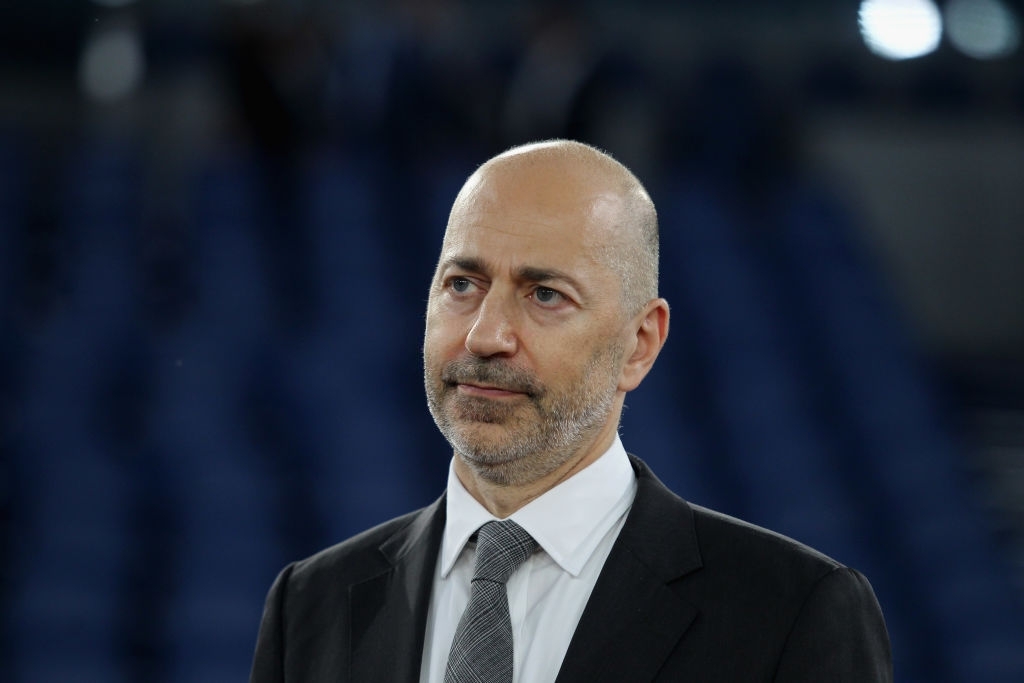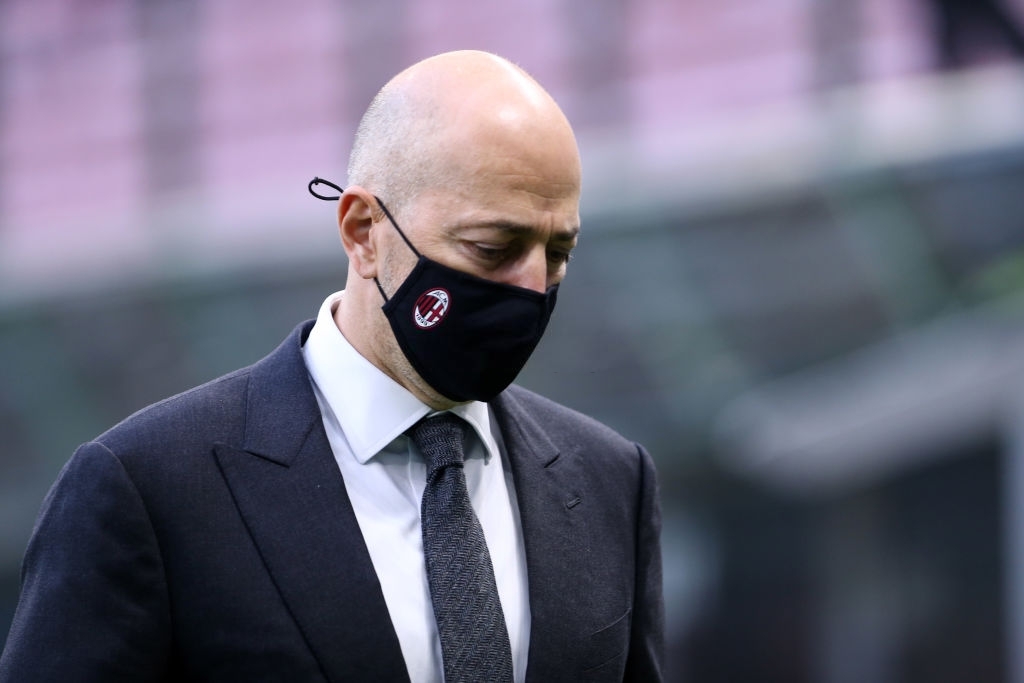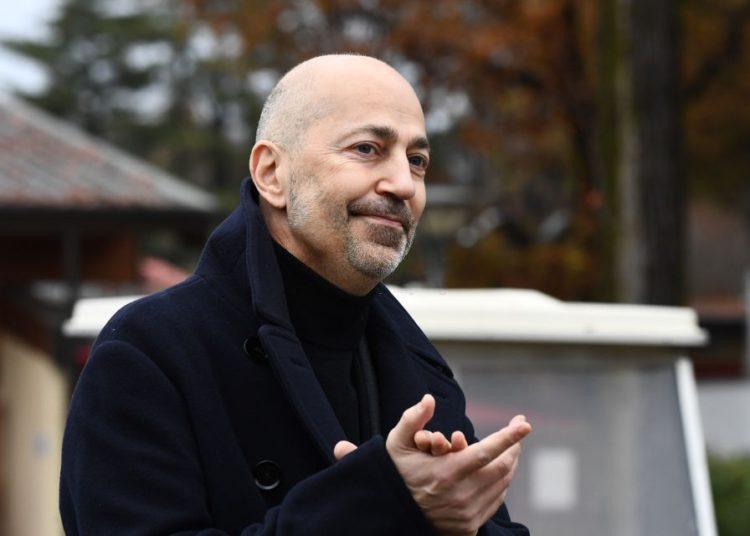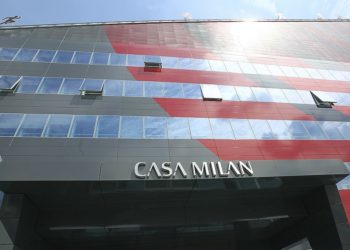AC Milan CEO, Ivan Gazidis, talked to the microphones of SportWeek about many different topics. Here are all his statements:
"I'm very well. The treatments have had the effect we expected and I can consider myself lucky, very lucky. It's like coming back from a trip. A long and troubled journey in which I learned a lot."

On the diagnosis of cancer throat:
"I had a very rational reaction. I thought… 'How do I tell my family now?' I was thinking about how to reorganize relationships and work. I felt the greatest emotion on my return to San Siro. I had such a warm and unexpected welcome that I was moved. I felt real closeness. I understood how big the heart of the Rossoneri fans is."
What did you learn during this time?
"A simple lesson, which can be useful to everyone: we must take care of ourselves. I felt immortal, I was fine and didn't even take an aspirin. I felt healthy, but it was just an appearance. Now I know I am vulnerable, but paradoxically I am even stronger and I value even more the things that matter. In the most difficult moments I felt a very strong sense of responsibility for my family and for the club, I understood clearly how important what we are building with and for the team."
Gazidis on who helped him during this difficult time?
"Clearly my wife, the closest people and the club that always made me feel a great closeness. But it was very important to talk to those who have had the same cancer, to share the feelings and trust in the future."
On his decision to follow football despite his studies:
"It was madness, and so they considered it my family, my friends… Everyone! The truth is that I left for the United States driven by an infinite passion for football and I already had in mind the project that led to the current MLS, the American professional football league. I arrived in Los Angeles in 1994, the year of the American World Cup, with my friend Mark Abbott. We worked independently on the development of the new League in the same offices where the World Cup was organized. Mark had a small desk in a closet, I just outside in the hall. Mark Abbott is now president and vice commissioner of the MLS. I worked for the American League for 14 years, 10 years at Arsenal and now I am the CEO of Milan. I can say that the madness that brought me to the US was actually called the passion project."
How were you as a football player?
" I was a very fast defender. I ran the 100 meters in 11 ”2, but I didn't have a champion's technique. When I was studying in high school, in Manchester they made me play up front and I scored 45 goals in 18 games… and I never went back to defense. I liked the glory of the goal… I love football very much. Even now I find it more pleasure to play than to see a match. Like everyone I would have liked to have been an active part of this wonderful game. In any case, I consider myself lucky to have had a second chance, even better than the one that fate grants to the players."
Gazidis about the importance of the economic as well as sporting aspect in a football club:
"They are like two wheels of the same bicycle. You can't have a strong team in modern football without marked responsibility and a solid financial position. But I have never been exclusively an administrator, I have also dealt with sporting choices and decisions."
On the legacy left by his American experience:
" I had the privilege of seeing football from different points of view. The MLS adventure made me look at the sports scenario, but also at the organization and business. At Arsenal I learned what a club is. A great club. Now, as regards to, I have a vision that blends financial responsibility with the centrality of the game."
On the differences between AC Milan and Arsenal:
"Each club has its own history. Milan have extraordinary fans who impressed me with their competence and authenticity. But the reference values are the same as we had at Arsenal. Values to which everyone must refer, all those who work for Milan, starting with the players. The first value is that of unity, which means cohesion of intentions, but above all inclusion. Everyone is welcome here! And then there is a style of behavior that is associated with Milan, I would say that it can be summed up with the word elegance. And the will to look ahead, even beyond the confines of football, to have a perspective. Here: inclusion, elegance of behavior and perspective should inspire everything we do."
On Paolo Maldini:
"Paolo is a pillar and a football legend. Now, he is a sports director who knows football very well and knows how to look ahead thinking about economic sustainability. In the last three years, he has grown a lot."
On Pioli's renewal:
"He is a person of superior sensitivity. Stefano tries to understand others and cares for everyone. Anyone who feels this empathy and professionalism would throw themselves into the fire for him. He is a professional in tune with our vision. About him I like the fact that he makes easy what seems difficult."
On a renewal for Ibrahimovic:
"On the events of individual players, I prefer to leave the answer to Paolo Maldini. The Zlatan I know is a man of great intelligence and sensitivity. He has a private identity that I adore and a public personality that he nurtures and uses to motivate himself. After all, to remain competitive at a great level, at 40, motivation plays a decisive role," said Gazidis.
On Donnarumma:
" I don't like to talk about the case and in general about the past. The strength of a club is not in the individual, but in the collective. My mission is to make sure that the club does not depend on anyone. Not even me."
On the Primavera:
"I was one of the proponents of a very accurate program for the growth of young people in the Premier League which is bearing great results: all the English academies have committed themselves to the ambitious growth plan of the youth sectors and now we are witnessing a spectacular generation of new British talent. We at Milan are following that example. And when a boy arrives in the first team from the youth sector, something special happens for the team and for the fans: pride and a sense of belonging are strengthened! I believe that all Serie A should follow the same footsteps. To grow we should be a system. And we should find the courage to expose the best young people to international experiences. In youth politics, the Italian teams are too protective", declared Gazidis.
On the need for a new stadium:
"It is the only way to keep up with the best leagues in the world. All the big teams have or are organizing themselves to have state-of-the-art facilities. Of the last 150 stadiums built in the world, only 3 are Italian. The Major League, between the United States and Canada has created 27 new stadiums and the Premier League generates stadium revenues three times higher than those of Serie A ... There is no other way and there is no more time to waste."
Gazidis on what he misses about English football:
"The Premier is the real Super League right now, but I can't think of the past in nostalgic terms. I prefer to keep my thoughts for the future and I believe that Italian football has everything to evolve. It is the league with the greatest growth potential in Europe. But it's time to do something. English football in the 1980s was a closed world, which was forced to change. The first step was investments to build state-of-the-art, safer and more inclusive stadiums. Here, I believe that Italian football must open up to focus on a more modern and courageous game, to what I call progressive football. In Italy, the game suffers too many pauses. There are too many refereeing interventions. The actual time is shorter and less intense than that of other championships."
On VAR and the communications of the referees:
"These are works in progress. We can't do without technology, but we should learn to use it better to decrease game disruptions. Referees communications? I don't know, honestly, if it can help. During matches, 60/70 percent of referees' decisions can be debated and interpreted. Football is not a game with clear and obvious choices."
What do you like about Italy?
"The generosity of spirit and the spirit of the people. A sense of skepticism hangs over Europe, over everything. In America, however, optimism wins. Here, when generosity of spirit is combined with optimism, it gives spectacular results and in Italy I happened to find many people like that."
















